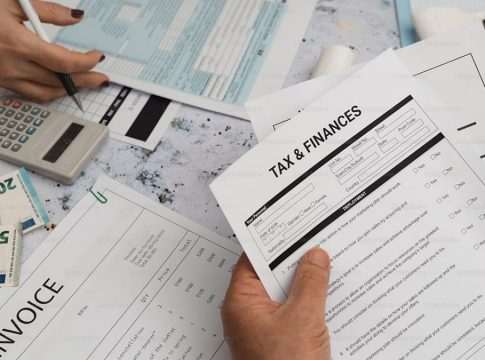Your Essential Income Tax Calendar for June: Key Deadlines to Remember
Navigating the world of income taxes can often feel overwhelming, but staying organized with deadlines is the first step to smooth sailing. This June, there are important compliance deadlines you need to keep on your radar. Here’s a breakdown to help you stay on track.
June 15: Estimated Tax Payments Due
If you’re self-employed or have other income that isn’t subject to withholding taxes, June 15 is your “tax day.” This is the deadline for making your second estimated tax payment for the year.
Why It Matters:
Estimated taxes are crucial because if you underpay, you might face penalties down the road. It’s best to estimate your annual income as accurately as possible. To calculate this, consider your expected revenue, subtract deductible expenses, and use the current tax rates for estimations.
Filing for an Extension?
If you filed for an extension for your 2022 tax return, remember that the clock is ticking. June 30 marks the end of the extended filing period for individual income tax returns. If you haven’t submitted your taxes yet, you’ll need to wrap it up by the end of the month to avoid late fees.
Pro Tip:
Double-check that you’ve included all necessary documents—like W-2 forms, 1099s, and any deduction receipts—to streamline your filing process.
June 30: Tax Returns for Partnerships
If you’re in a partnership, June 30 is a critical date. This is the deadline for filing your tax returns if your entity operates on a calendar year basis and you’ve applied for an extension.
Key Takeaway:
Make sure your partnerships are following the rules. Keep track of all member transactions and expenses throughout the year to make this process easier.
Budgeting for Taxes
While it’s easy to put off thinking about taxes until the last minute, proactive budgeting can save you a headache. Consider setting aside a percentage of your income each month towards taxes. A good rule of thumb is to allocate 25-30%, but this varies depending on your tax bracket and other factors.
Practical Example:
If you earn $5,000 per month, setting aside $1,250 to $1,500 can help mitigate any potential tax debt when due.
Stay Informed
Tax rules can change, and it can be hard to keep up. Following trusted financial news sources, like NDTV Profit or financial blogs, can provide up-to-date information that can affect your tax obligations.
Organizing your finances and knowing key deadlines doesn’t just help you avoid penalties—it lays a solid foundation for your financial future. So, mark your calendars, stay ahead of the game, and take control of your tax obligations!

Writes about personal finance, side hustles, gadgets, and tech innovation.
Bio: Priya specializes in making complex financial and tech topics easy to digest, with experience in fintech and consumer reviews.

